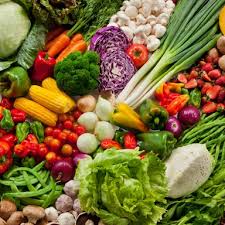Stamp: Fetes Internationals Saint Fiacre, Tours (France 2013)
Fetes Internationals Saint Fiacre, Tours (France 2013)
05 October (France ) within release Collectors : Montimbramoi. Miscellaneous goes into circulation Stamp Fetes Internationals Saint Fiacre, Tours face value Lettre No Face Value
| Stamp Fetes Internationals Saint Fiacre, Tours in catalogues | |
|---|---|
| Colnect codes: | Col: FR-MON 2013-177 |
Stamp is square format.
Also in the issue Collectors : Montimbramoi. Miscellaneous:
- Stamp - Cfdt Congres Grenoble Banque Assurances 2013 face value Prioritaire;
- Stamp - Fetes Internationals Saint Fiacre, Tours face value Lettre;
Stamp Fetes Internationals Saint Fiacre, Tours it reflects the thematic directions:
A festival is an event celebrated by a community and centering on some characteristic aspect or aspects of that community and its religion or cultures. It is often marked as a local or national holiday, mela, or eid. A festival constitutes typical cases of glocalization, as well as the high culture-low culture interrelationship. Next to religion and folklore, a significant origin is agricultural. Food is such a vital resource that many festivals are associated with harvest time. Religious commemoration and thanksgiving for good harvests are blended in events that take place in autumn, such as Halloween in the northern hemisphere and Easter in the southern.
n Christian belief, a saint is a person who is recognized as having an exceptional degree of holiness, likeness, or closeness to God. However, the use of the term saint depends on the context and denomination. In Catholic, Eastern Orthodox, Anglican, Oriental Orthodox, and Lutheran doctrine, all of their faithful deceased in Heaven are considered to be saints, but a selected few are considered worthy of greater honor or emulation. Official ecclesiastical recognition, and veneration, is conferred on some denominational saints through the process of canonization in the Catholic Church or glorification in the Eastern Orthodox Church after their approval.In many Protestant denominations saint refers broadly to any holy Christian, without special recognition or selection.
Vegetables are parts of plants that are consumed by humans or other animals as food. The original meaning is still commonly used and is applied to plants collectively to refer to all edible plant matter, including the flowers, fruits, stems, leaves, roots, and seeds. An alternative definition of the term is applied somewhat arbitrarily, often by culinary and cultural tradition. It may exclude foods derived from some plants that are fruits, flowers, nuts, and cereal grains, but include savoury fruits such as tomatoes and courgettes, flowers such as broccoli, and seeds such as pulses.



